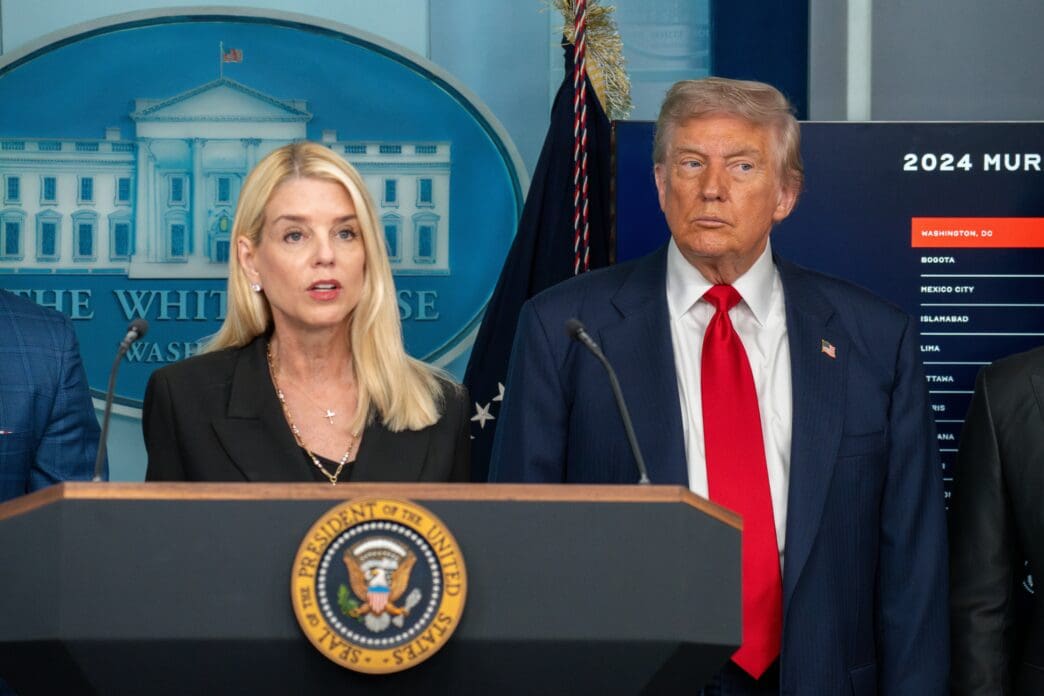Executive Summary
The Story So Far
Why This Matters
Who Thinks What?
President Donald Trump’s public statements pressuring the Justice Department to pursue criminal cases against perceived political adversaries could significantly strengthen former FBI Director James Comey’s defense against recent charges, according to legal experts. Comey, who was indicted last week on two felony counts, may attempt a rarely successful legal maneuver to dismiss the charges, arguing they constitute a vindictive prosecution.
Comey was charged with allegedly lying to Congress in 2020 during testimony, specifically regarding claims he did not authorize leaks to the press while leading the bureau through politically sensitive investigations. His arraignment is scheduled for October 9.
President Trump’s Public Pressure
Legal analysts suggest that President Trump’s recent and frequent public calls for Attorney General Pam Bondi to aggressively prosecute Comey and others could provide sufficient grounds for a judge to consider dismissing the case. Trump has also publicly urged the Justice Department to pursue charges against New York Attorney General Letitia James and California Democratic Senator Adam Schiff, whom he identifies as political foes.
Retired federal Judge John Jones commented that “It’s a better case for Comey, because the president won’t shut up.” He added that Trump’s statements are admissible as evidence, giving Comey “a fighting chance” on a vindictive prosecution claim. Former federal Judge Shira Scheindlin echoed this sentiment, stating, “It’s clearly vindictive. It’s clearly his enemies list.”
Challenging Prosecutorial Discretion
Dismissing cases based on claims of selective or vindictive prosecution faces extremely high legal hurdles, with such attempts historically proving unsuccessful, even for figures like Trump and Hunter Biden in their own recent cases. Defendants typically need to demonstrate that charges are not ordinarily brought against similarly situated individuals and that they are being pursued on a discriminatory basis, such as political views.
However, experts believe that judges might be more receptive to such arguments during Trump’s second term, given the president’s intensified public efforts to challenge the Justice Department’s traditional independence from political interference. Scheindlin noted that Trump has made his targeting “so obvious” that a judge would likely be “far more receptive” to both selective and vindictive prosecution claims.
Randall Eliason, a former federal prosecutor, explained that winning such a motion requires proving “bad motives on the part of the prosecution” and that the individual is being targeted for “some completely improper reason.” While Comey’s legal team could pursue a selective prosecution argument, Scheindlin suggested they might avoid it, as it could imply an admission of guilt while questioning why others are not charged.
Vindictive Prosecution Claims
An effort by Comey to have the case dismissed based on vindictive prosecution may have a stronger standing. This type of claim typically asserts that the government is retaliating against an individual for exercising certain rights.
President Trump has consistently voiced grievances against Comey, whom he blames for initiating the 2016 Russian election interference investigation. After Trump fired Comey in 2017, Comey became a vocal critic of the president. Jones highlighted the “animus” evident in Trump’s continued criticism of Comey, even after his indictment, calling it “a great test case” for a vindictive prosecution claim.
Departmental Turmoil
Beyond President Trump’s statements, recent turmoil within the Justice Department, particularly concerning the office prosecuting Comey’s case, could serve as additional evidence. Erik Siebert, the US attorney in the Eastern District of Virginia, was reportedly removed from his position amid pressure to bring charges against James, and was subsequently replaced by an interim Trump loyalist, Lindsey Halligan.
Eliason stated that this situation, where a US attorney is replaced for not pursuing certain charges, “sets off all kinds of red flags.” Similar circumstances have emerged in other politically charged cases, with defendants like Kilmar Abrego Garcia and New Jersey Democratic Representative LaMonica McIver attempting to use these events to bolster their arguments for dismissal based on unfair prosecution.
Comey’s attorney, Patrick Fitzgerald, has stated that his client denies the charges and looks forward to vindicating him in court. The unfolding legal proceedings will test the boundaries of prosecutorial independence in the face of direct presidential pressure.








